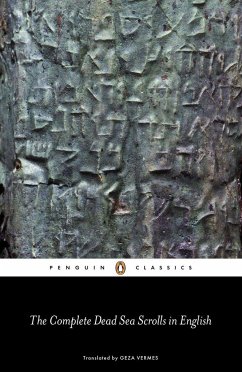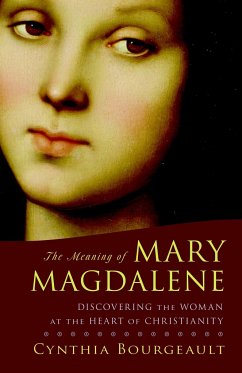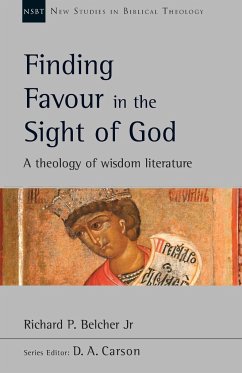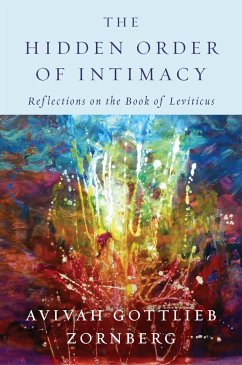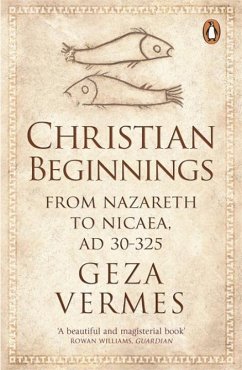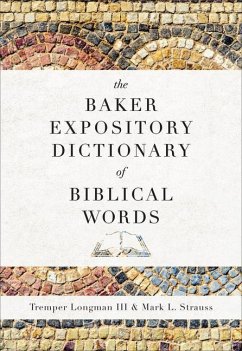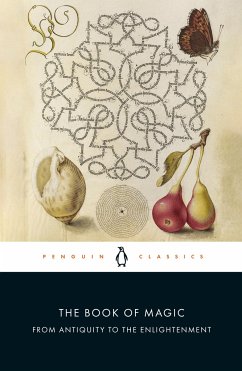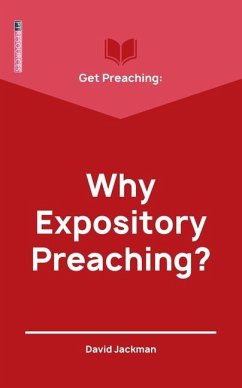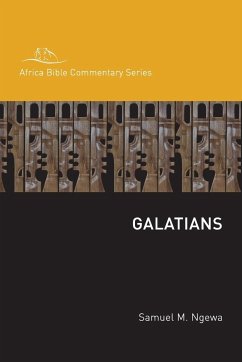![Expository Thoughts on the Gospel of John [Annotated, Updated] Expository Thoughts on the Gospel of John [Annotated, Updated]](https://bilder.buecher.de/produkte/56/56741/56741127z.jpg)
Expository Thoughts on the Gospel of John [Annotated, Updated]
A Commentary
Versandkostenfrei!
Versandfertig in 1-2 Wochen
18,99 €
inkl. MwSt.

PAYBACK Punkte
9 °P sammeln!
In the beginning was the Word, and the Word was with God, and the Word was God. – John 1:1 Wisdom, encouragement, and exhortation is contained in these pages. Not because of the author's brilliance, but because of the words of truth contained in the gospel of John. And just as the Apostle John didn't draw any attention to himself, so also J. C. Ryle clearly and wonderfully directs his words and our thoughts towards the inspired words of scripture. If we truly love God, we will love His word; and the more study His word, the more we will love God.



